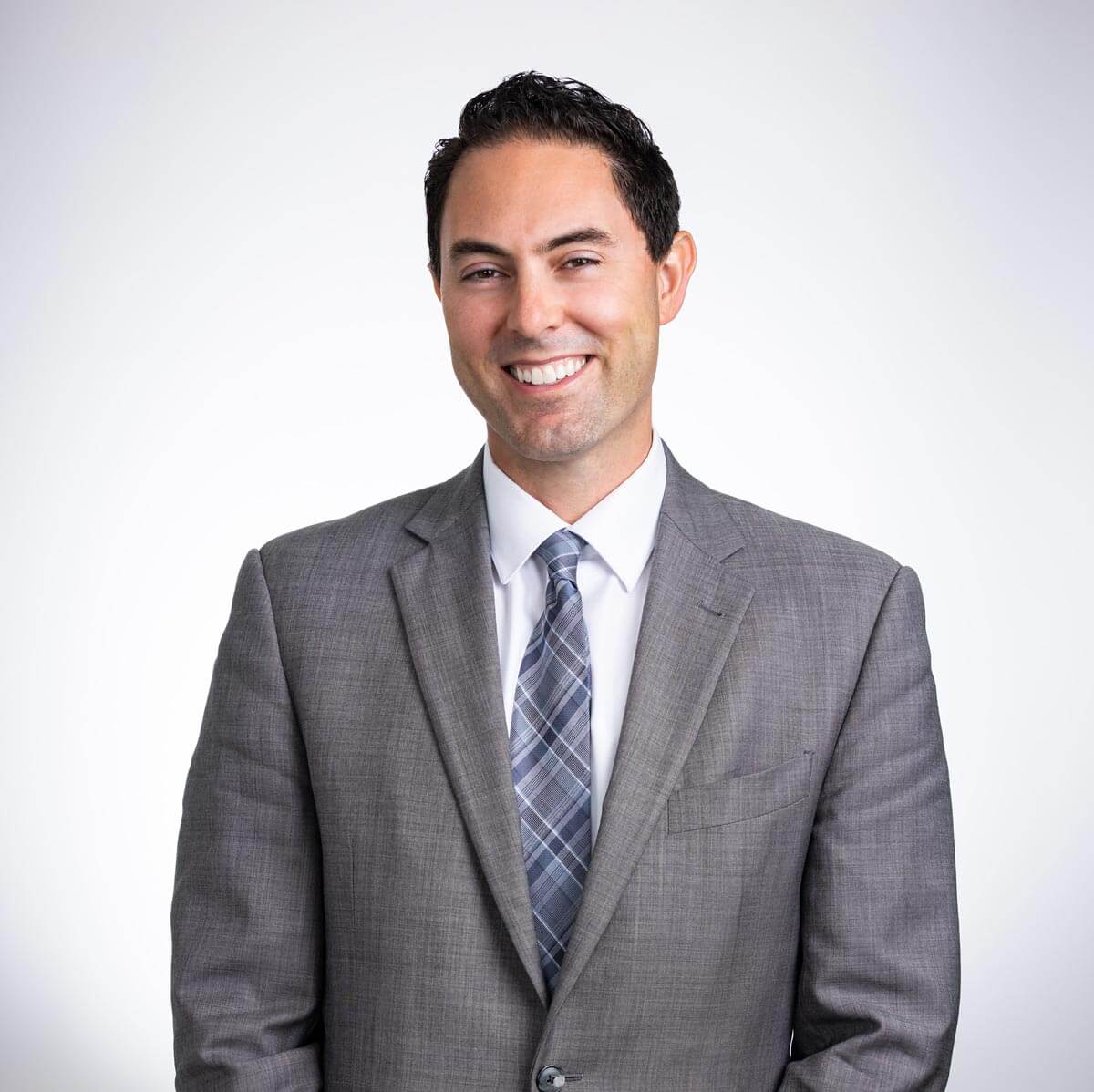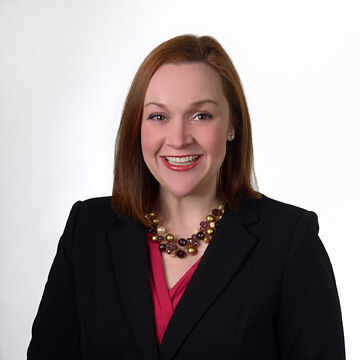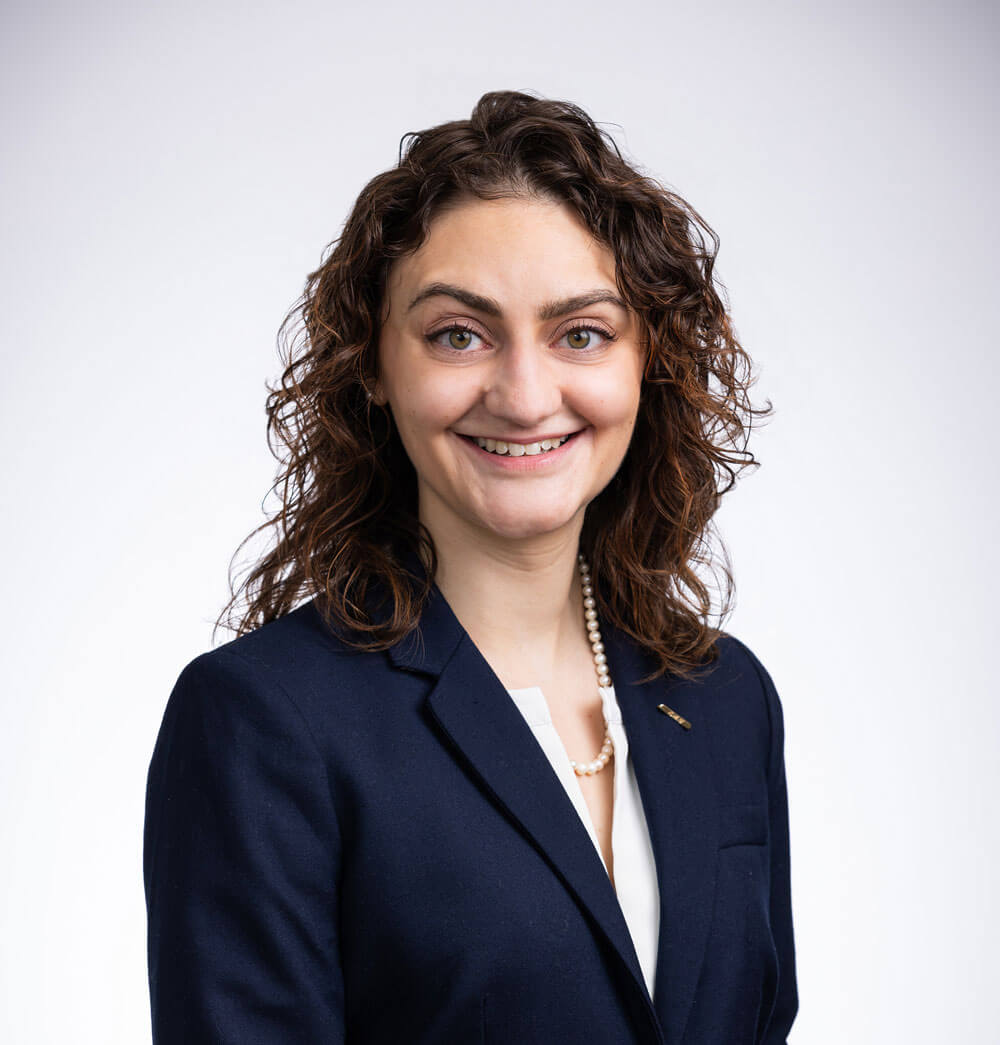Society Engagement on International Response to Desert Locust
Lewis-Burke Associates introduced a scientific society to the contacts at the Food and Agricultural Organization who were leading on the global response to the…
Leading Advocacy for Wildfire Research Funding
Lewis-Burke worked with a large public research university to initiate an appropriations strategy to increase federal wildfire research funding and…
Elevating the Profile of Coastal Sustainability
To support a university client’s multi-million-dollar investment in a new, interdisciplinary Coastal Sustainability Initiative, Lewis-Burke developed a…
Authorization of Agriculture Advanced Research and Development Authority (AGARDA)
Lewis-Burke worked closely with Senate Majority and Minority staff to provide input for the new Agriculture Advanced Research and Development Authority…
Leland Cogliani, J.D.
Energy Practice Leland Cogliani has over 20 years of experience advancing science and technology priorities for research institutions. Leland works closely…
Bridget Krieger
Bridget Krieger is a trusted advocate on Capitol Hill and a champion for federal research agencies, most notably the U.S. Department of Agriculture (USDA) and…
Eve Granatosky, Ph.D.
Dr. Eve Granatosky is an experienced science policy and advocacy professional who specializes in the interdisciplinary opportunities at the intersection of…


